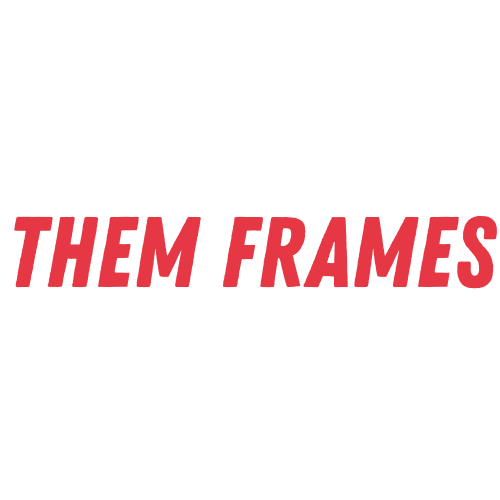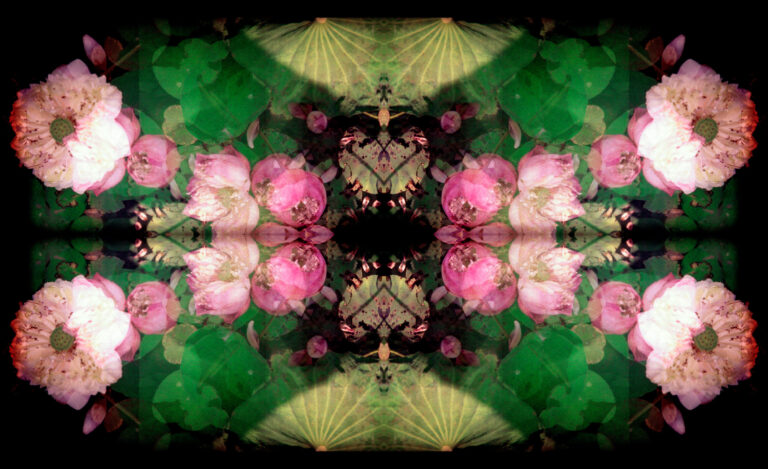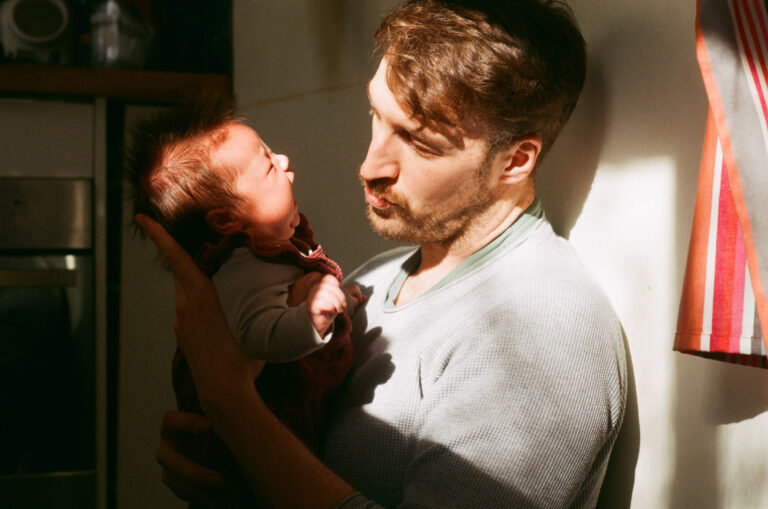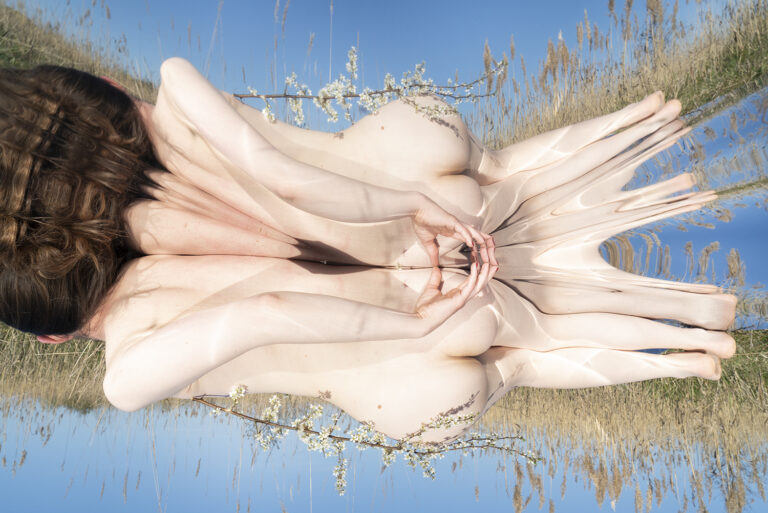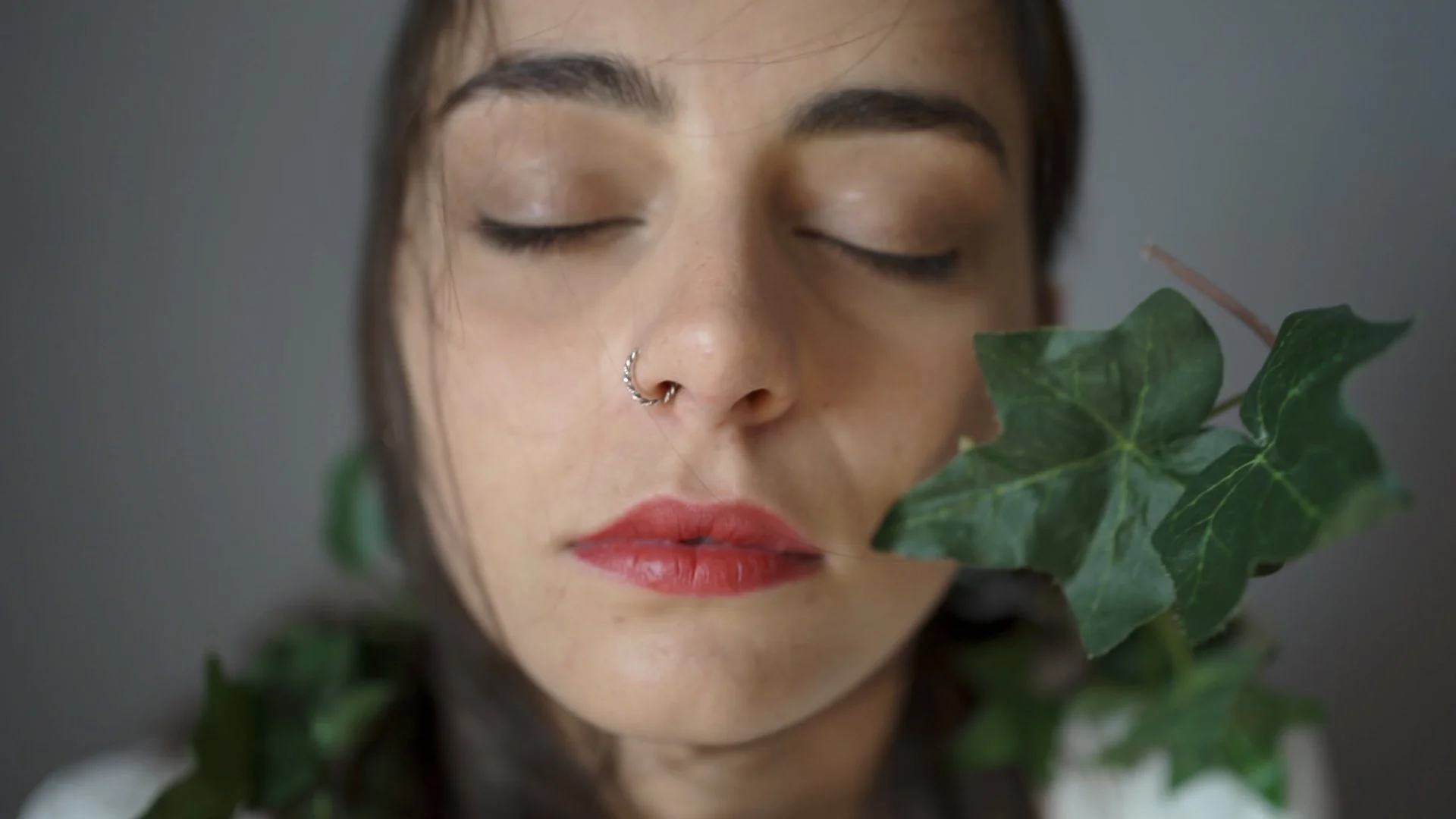
Female sexuality is a sensitive topic. When it comes to women and their sexuality, while commonly discussed, it’s often misunderstood. Recognizing this, the photographer Alessandro Granito chose to study the topic and began developing the wonderful series, PLAY-TIME.

I grew up in an era when female sexuality was seldom discussed. As a male, I learned about all the things women could do for me, yet was seldom taught what I could do for women–they were the pleasers and men were pleased. Thankfully, in more recent times we have learned that the mainstream attitude toward sex was deeply flawed, however, the consequences of those toxic times are still in full force.
The good news is that sections of society are creating safer spaces for women to come forward to discuss their sexuality. There’s still plenty of work to be done. Facilitating the conversation certainly isn’t easy, especially from a creative standpoint, as the arts have often been guilty of suppressing female sexuality, turning women into nothing more than sexual objects for men to enjoy.
When I discovered Granito and his work, I was immediately impressed by the manner in which he approached the subject. His frames did not seek to provoke or shock, but instead, they served as a way to get people interested in a topic that was going to enlighten them and open their eyes to something meaningful, dare I say, sacred. His work is playful, thoughtful, and most importantly, respectful of his subjects and the sensitive conversation they invited him into.
PLAY-TIME isn’t only a photographic series, but also a short documentary film. You’ll be able to check it out at the end of this interview, but first, please enjoy the conversation Them Frames has with Granito, as he shares his motivation for focusing his attention on a subject that has plenty to unpack.
Them Frames: Hello Alessandro! Can you begin by telling us where the inspiration to create PLAY-TIME came from?
Alessandro Granito: PLAY-TIME is a look into female sexuality and its emancipation, in the form of a documentary. When directors Robyn Boyd and Réka Szitha developed the visual idea with me, we immediately thought of trying something more experimental. We made PLAY-TIME during the second lockdown, and we didn’t want to have a series of video call interview shots, so we figured a visual sequence that could enforce the interviews by telling a story on its own.

Them Frames: Female sexuality has often been a sensitive, polarizing topic. As a man, how did you have to approach the subject to ensure you garnered trust from your subject and audience?
Alessandro Granito: I think I was lucky to work with two directors who really knew how to handle the topic, with decision and fairness, and without being banal or suggesting polarization. And thanks to the help of the actress too, who was very involved and interested in the topic, I could find a fair and effective approach. My aim was to craft images that would talk, without being excessively explicit: we wanted to get the message through, without falling inside topics.

Them Frames: What were some of the key things you learned from focusing on this topic?
Alessandro Granito: I think I learned how easy it is to step out of the subject when you handle such delicate topics, especially in terms of visuals. And it’s also been very formative for the filmmaking process: having an experimental approach, a visual sequence, and interviews, we had to work so they could all come together. And it’s been an interesting and gratifying process.
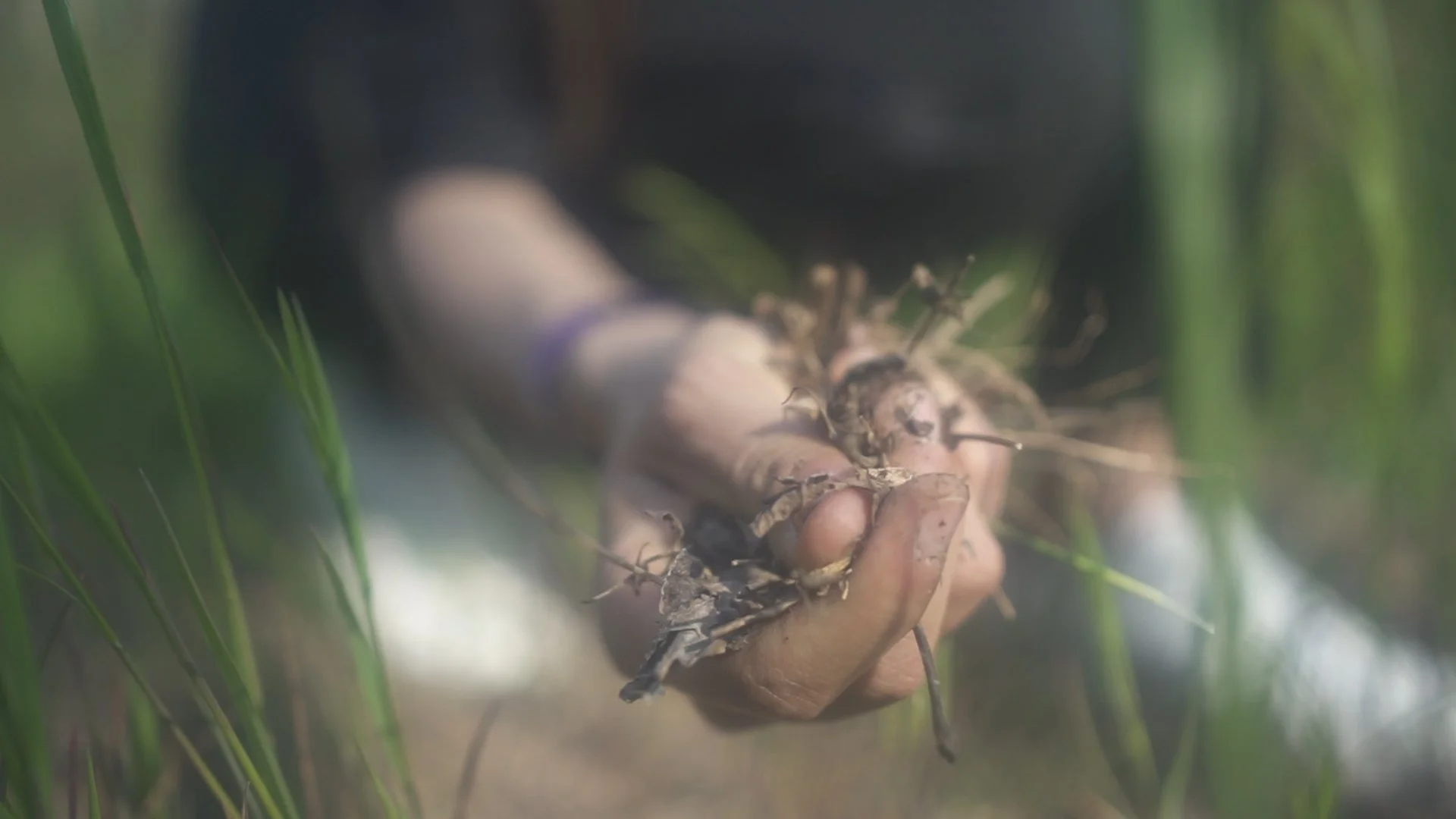
Them Frames: This is a short film. From the photography aspect, how did you develop the ideas for the scenes you documented?
Alessandro Granito: The directors and I were physically in two different countries. They were in Scotland while I was in Italy. We developed the scenes together, by exchanging filmic and photographic material, and came up with a screenplay and a blueprint to follow. At that point we knew what story we wanted to say, visually speaking, to accompany the interviews. Then, most happened once filming the actual scenes. I like to go on set with an open mind and let the environment and the energy of that moment guide me.
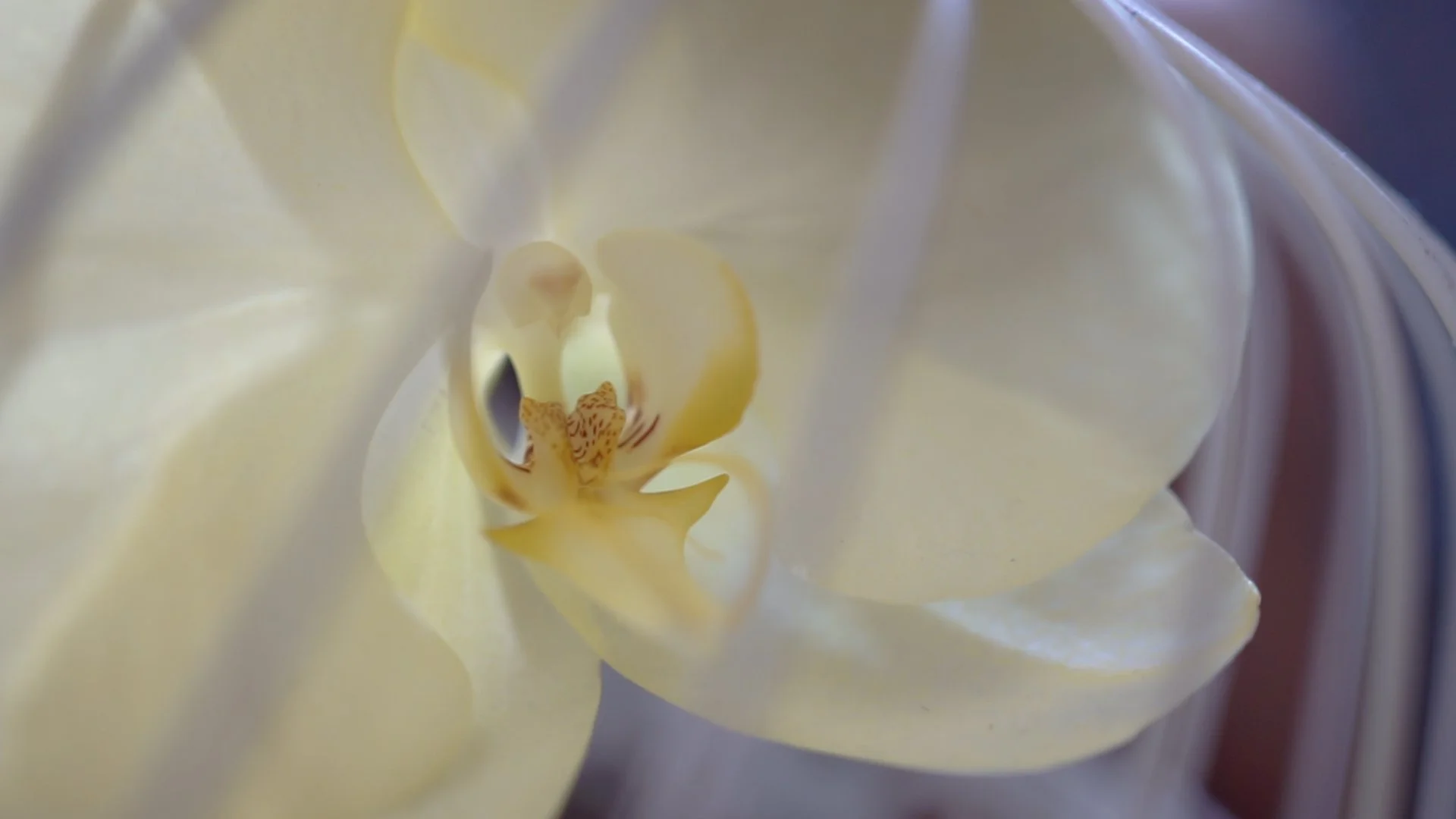
Them Frames: I love the photograph of the pricked finger, drawing blood, with the rose and thorns in the background. What was the purpose of that photograph?
Alessandro Granito: That’s a scene where the character finds out that something that is nice and pleasing, like a rose, can also hurt and hide some obstacles, like its thorns.
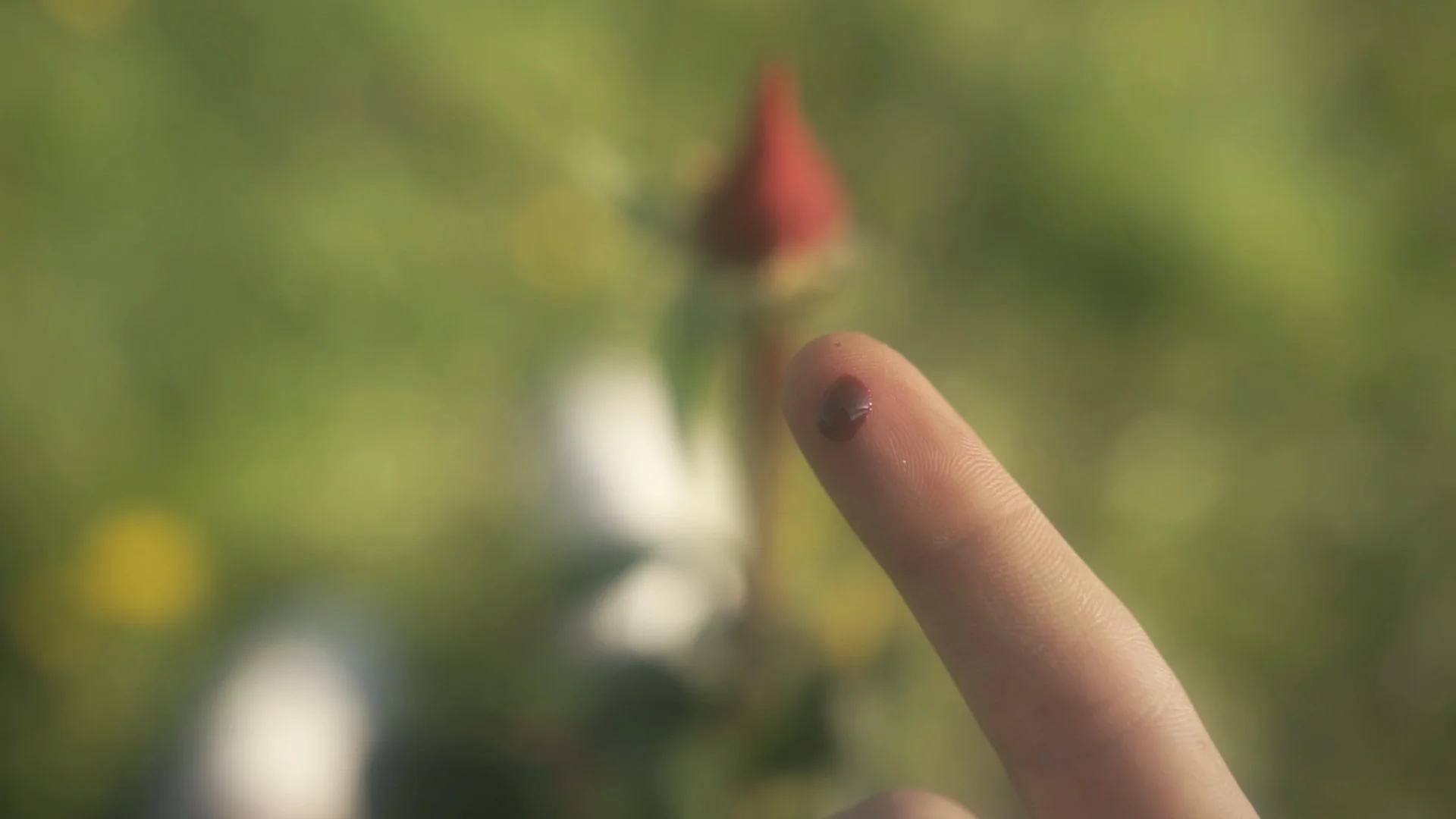
Them Frames: Please, can you tell us more about the subject in your photographs? Why did she become the human element of the story and what were her motivations for getting involved?
Alessandro Granito: The actress, Nicole, is a dear friend of mine. We got in touch after a long time we haven’t seen each other, as she developed an interest in sound design for films, and I talked to her about the project. She immediately showed her interest. Since she is very conscious about her sexuality and interested in telling this message through the art of film, she got immediately involved.
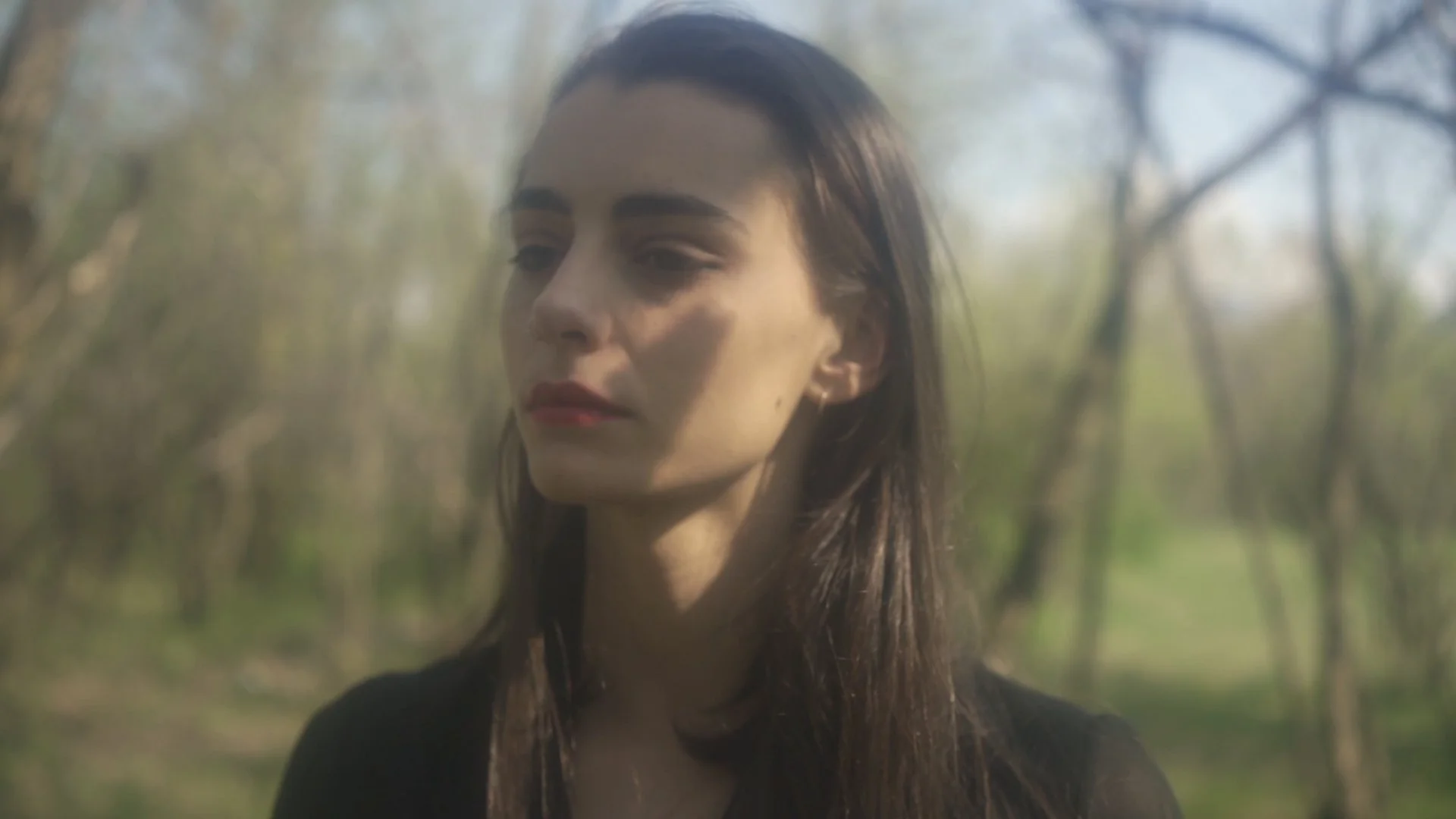
Them Frames: How do you feel about the final series of images and the short film? Did everything go to plan? Are you happy with the outcome?
Alessandro Granito: I am very satisfied with the visuals of PLAY-TIME, all considered. We developed and filmed with lockdown restrictions, with the directors being at the other side of Europe and without anyone else but Nicole and I on the set. On every project, I know that something won’t go according to plan, and I usually spot what could have been better, but yeah, I’m very happy with the outcome.
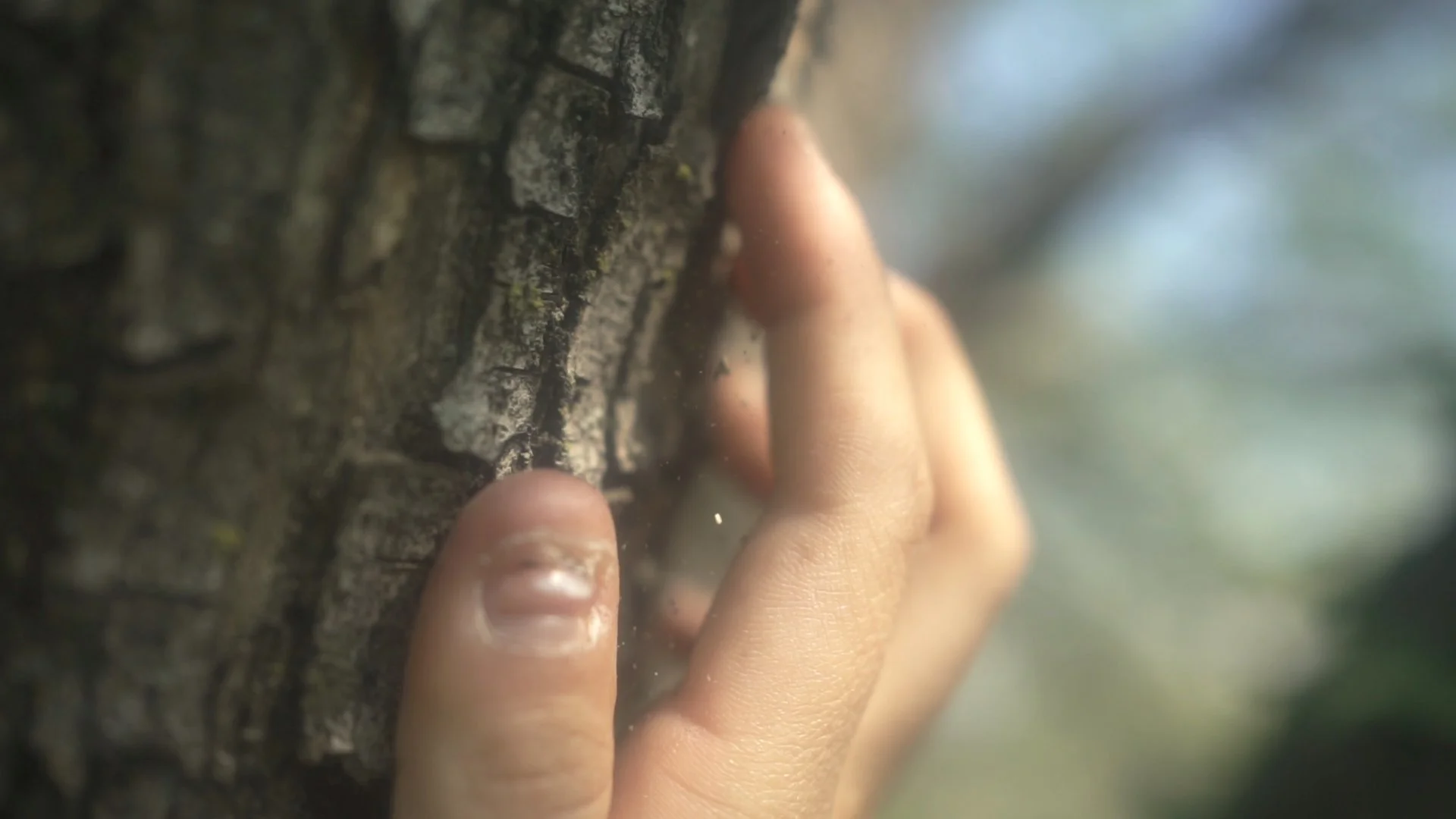
Them Frames: What’s next for you in terms of creative projects?
Alessandro Granito: As for filmmaking, I’m currently developing an experimental short-film with Nicole, but this time she will be the sound designer. I’m also working as a photographer on my first NFT photography collection, and more in general, at photographic projects.

Them Frames: And finally, in your words, why should people show an interest in PLAY-TIME?
Alessandro Granito: I think that PLAY-TIME is a very good insight into sexuality, and not exclusively for women. It’s a topic that concerns all of us, and by exploring female sexuality we can all learn a lot.
We now invite you to check out the short film in full. This, is PLAY-TIME…
Play-Time from Alessandro Granito on Vimeo.
